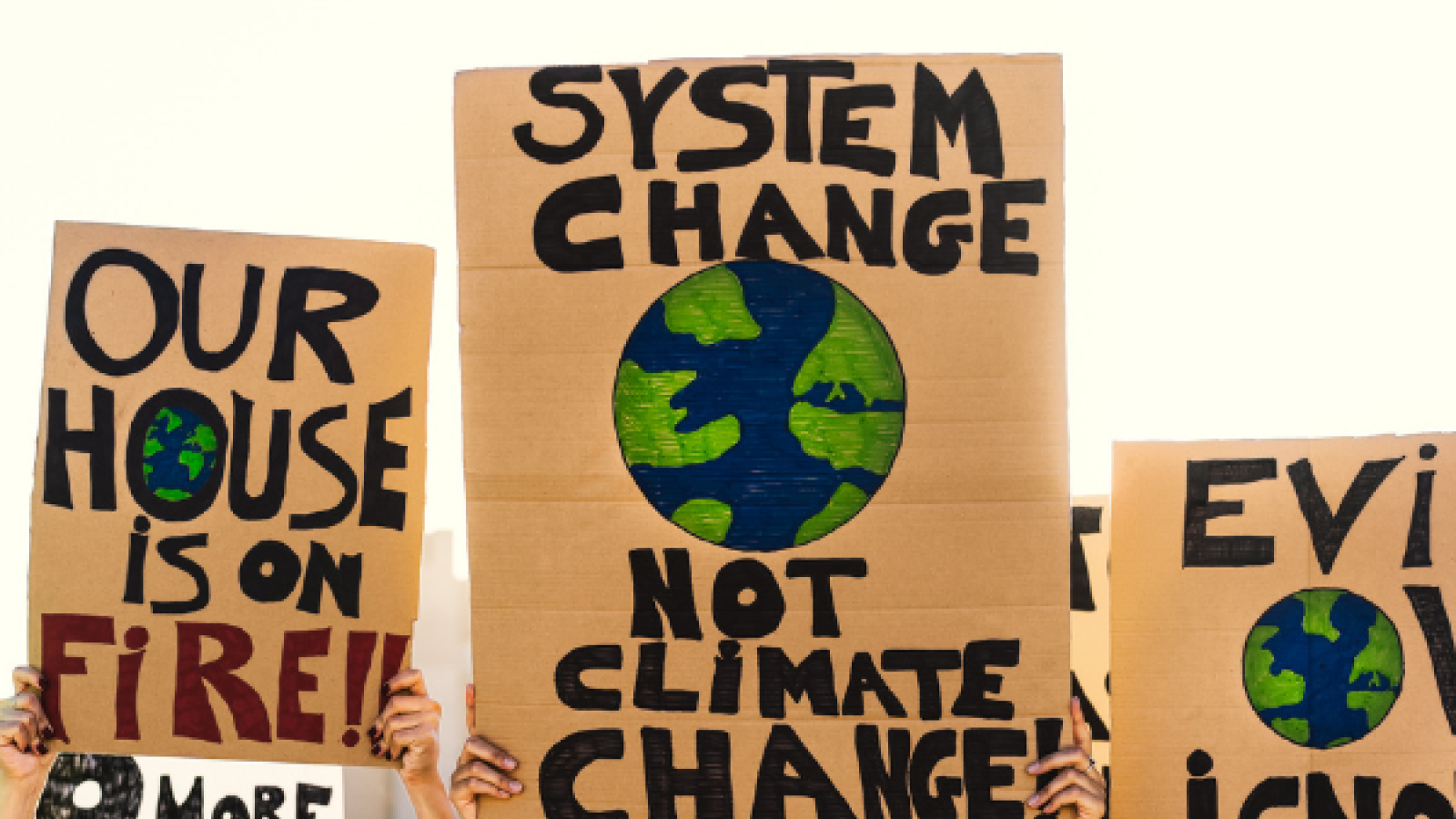
The ECGI blog is kindly supported by

Climate action poses a stark legitimacy challenge to corporations
Climate change, one of the most consequential issues of our time, is largely in the hands of corporate managers. If we want to limit global temperature increases to less than 1.5 degrees Celsius, as the Paris Agreement contemplates, companies will have to reduce their greenhouse emissions – but it is up to managers to determine which steps to take, decide how much they will spend on this effort, and choose the most effective manner of reaching that goal. For example, will they switch transport to electric cars, invest in green buildings, or use biofuel for production? Or will managers simply flout their, so far voluntary, commitments? Of course, government measures like “green” subsidies, carbon taxes, or disclosure requirements, will play an important role too. After all, entire sectors of the economy will need to reorient themselves toward more sustainable development strategies. But since each company’s contribution to climate change is different, corporate managers will have to make many critical decisions.
This poses a stark legitimacy challenge to corporations: how will managers set in motion appropriate measures and convince people from vastly different viewpoints? For those preoccupied with the planet’s dire condition, corporations bear a lot of the blame. Not only is industrial production directly responsible for burdening the environment, but many other aspects of human activity underwritten by corporations, from mass agricultural methods to recreational intercontinental travel, have a direct impact on worsening climate measures. Companies are under pressure to act, not only by climate critics, but also by those shareholders concerned about the implications of climate change for the future of their investments. Already afraid of doing “too little too late,” many are wondering whether current corporate activity is failing to move the needle, and accuse companies of “greenwashing,” by adopting token actions that fall short of addressing the problems. Yet, others are concerned about the costs of climate protection for the company and their impact on profits, particularly in the short term. They wonder whether incremental changes in a single company can make any real dent in a problem of global scale and are concerned that their companies’ competitors may not exhibit similar care for the environment. Moreover, some doubt whether scientific evidence can really pinpoint their company’s unique contribution to climate change.
Through their governance efforts, managers can persuade investors, governments, and the wider public that they are not making arbitrary and biased choices.
To inspire confidence in their leadership, corporate managers need a governance process that helps reach out to audiences on both ends of the spectrum and builds some agreement on their substantive goals and expected outcomes. Moreover, they need to convince their audiences that the company is sticking to commitments, either staying on course or correcting shortfalls where necessary. Corporate practices lack the majoritarian affirmation of the electoral process, typically conferred to laws and regulations. But through their governance efforts, managers can persuade investors, governments, and the wider public that they are not making arbitrary and biased choices.
The foundational element of legitimate governance is increased transparency and disclosure. Many companies are issuing sustainability reports that detail the company’s efforts to improve its environmental footprint, either voluntarily or because they are required to so by local securities laws. By disclosing their efforts, companies are publicly undertaking commitments that are harder to renege, thus inherently increasing pressure for management. The push for net-zero commitments raises the stakes further, because it distills an intractable problem to a single easily understood metric. Moreover, it allows all parties to follow companies’ efforts and assess its credibility. Companies need to benchmark their performance against scientific measures, agreed upon by experts in the field. To determine these benchmarks, standard-setters help pool resources, devise measures that can be applied across companies, increase comparability, and alleviate fears about bias and arbitrariness.
Companies need to beef up their internal oversight function to ensure that they meet and monitor the standard, and investors must be convinced that the information released by the company is credible.
At this moment, one of the most ambitious standardization efforts involves the International Sustainability Standards Board (ISSB) which is expected to release its first set of standards at the end of June 2023. Its industry-based approach relies heavily on technical expertise and scientific evidence, further buttressed by an extensive public notice-and-comment process. Benchmarking company performance to specific standards brings new challenges: companies need to beef up their internal oversight function to ensure that they meet and monitor the standard, and investors must be convinced that the information released by the company is credible. The first challenge calls for internal reforms, while the second one calls for external monitoring and validation. The TCFD framework also embraces procedural legitimacy, seeking to ensure investors that companies will achieve the right outcome if they follow the right process. Thus, they can undertake specific commitments of net-zero carbon footprints by a specific future date, which are hard to renege and thus more credible. Over half of U.S. publicly traded companies now rely on third-party assurance, provided by big audit firms, or by smaller specialized providers. Assurance offers external validation and boosts the credibility of the company’s reports by adding another layer of checks.
In parallel, investors are pooling resources to better monitor companies. Climate Action 100+, an investor coalition currently counting over 600 asset managers from around the world with a combined portfolio of over $60 trillion is one example. By joining forces, investors can speak with one voice when asking companies to make changes, rather than having different investors push for different approaches. Participating investors have an allotment framework that assigns one of them as the lead for engaging with each company, being responsible for researching, analyzing, and monitoring the data it releases.
By focusing on disclosure, standardization, robust internal functions, external validation and increased monitoring, the emerging framework is geared toward addressing many of the legitimacy challenges associated with corporate choices on climate change. To be sure, the framework is far from perfect; standards need to be refined, weaknesses in internal functions need to straightened, conflicts of interest may hamper the system’s smooth operation. But this framework sets the foundations of for a corporate governance geared toward climate change.
---------------
By Stavros Gadinis, Professor of Law at the University of California at Berkeley School of Law
If you would like to read further articles in the 'Governance and Climate Change' series, click here
The ECGI does not, consistent with its constitutional purpose, have a view or opinion. If you wish to respond to this article, you can submit a blog article or 'letter to the editor' by clicking here.



